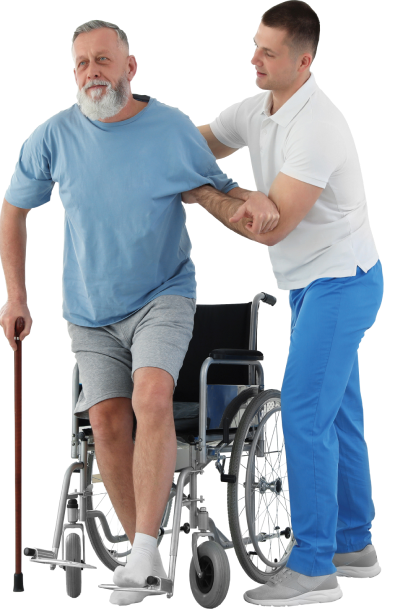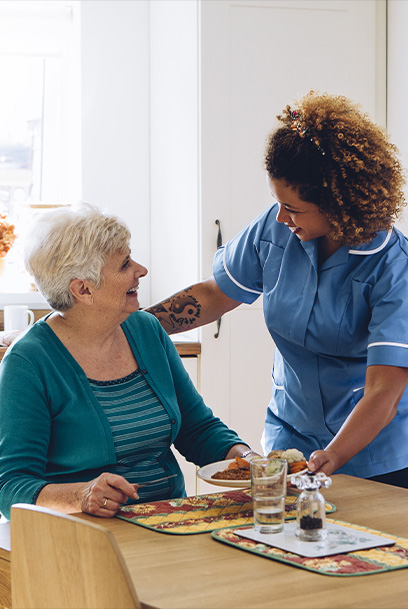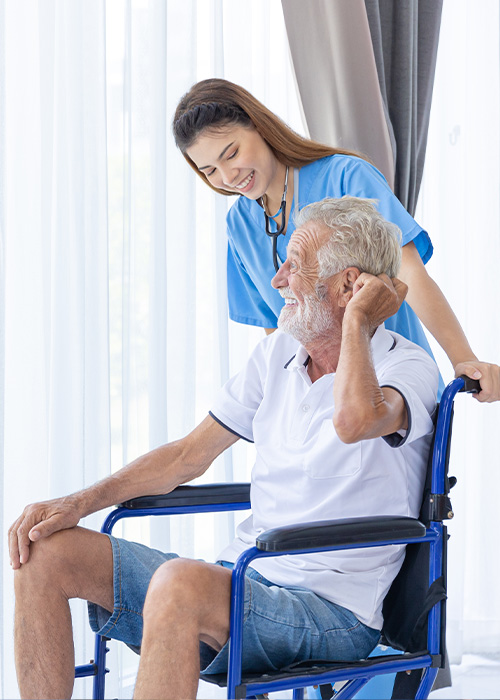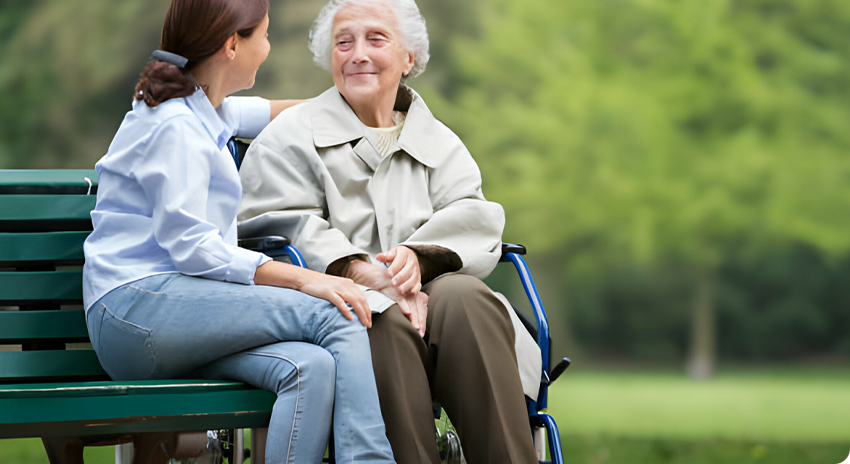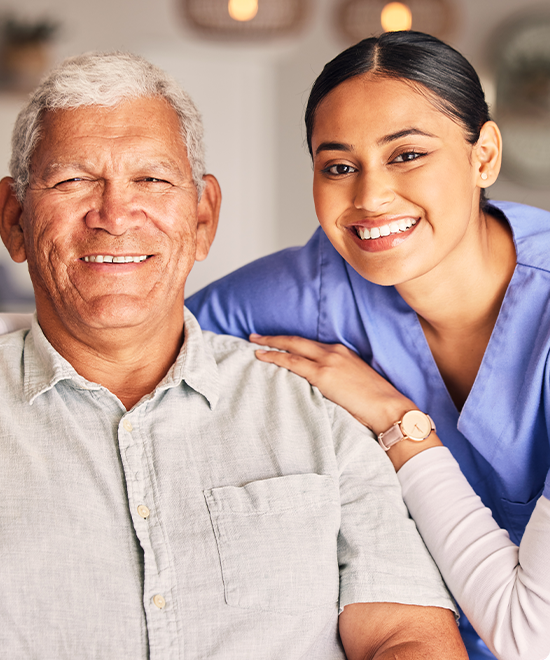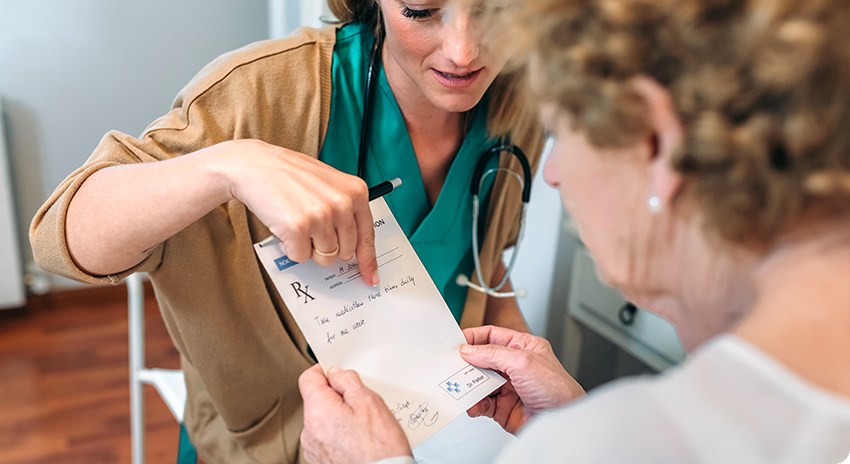This post is sponsored and contributed by Rolling Hills Recovery Center, a Patch Brand Partner.
This is a paid post contributed by a Patch Community Partner. The views expressed in this post are the author's own, and the information presented has not been verified by Patch.
Randolph, NJ - Across Morris County, a concerning trend is emerging, student absenteeism is on the rise. From Randolph to Roxbury, schools are reporting increasing numbers of teens missing multiple days per month. While illness and family emergencies remain typical factors, local educators and community leaders are pointing to a deeper, often overlooked cause which could be increasing mental health struggles among teens.
According to recent insights from the New Jersey Department of Education, chronic absenteeism among high school students has increased by over 12% in the past year. Teachers in towns like Randolph, Morristown, and Dover report that students are missing class not due to laziness or apathy, but because they are overwhelmed emotionally and mentally.
“Local school counselors are observing more students disengaging not only from school, but also from their friends, sports, and other activities,” noted one education report. “For some, the stress of academic performance and social pressures may be contributing factors.”
National statistics echo this local trend. A 2023 CDC report highlighted that nearly 1 in 3 high school students experienced poor mental health during the pandemic and those effects are continuing to ripple into classrooms across New Jersey. School attendance is often one of the first signs that a teen is struggling with anxiety, depression, or even early-stage substance experimentation.
Rolling Hills Recovery Center in New Jersey has observed these trends firsthand, though not through direct adolescent care. As part of the greater Northern New Jersey recovery community, Rolling Hills Recovery Center New Jersey Drug and Alcohol Rehab recognizes the important intersection between mental health awareness and community engagement. The clinical team continues to advocate for increased parental awareness and school-community partnerships to help identify early warning signs.
As a rehab near Randolph, NJ Rolling Hills Recovery Center remains a concerned voice within local discussions about behavioral health. Although they do not offer youth-specific programs, their insights from working with families have been crucial in understanding how early signs can often be missed or misunderstood.
Absenteeism doesn’t exist in a vacuum. It often comes alongside behavioral changes, mood swings, or shifts in sleep patterns are indicative red flags that may point toward larger issues at home or within a teen’s personal life which is common for many families in Morris County towns like Parsippany, Morristown, and Randolph.
Community leaders emphasize that this isn’t just a school problem, but a community health issue. When students are chronically absent, the effects ripple outward by impacting family stability, school performance rankings, and even future job readiness.
Morris County’s response to teen absenteeism must be a collaborative one. While schools continue to adjust policies and increase mental health services, parents and guardians play a critical role in noticing early shifts in their child’s behavior. And for the broader community, raising awareness remains essential.
Rolling Hills Recovery Center continues to support families throughout Northern New Jersey, including towns like Randolph, Morristown, Dover, and Parsippany. Through education and collaboration, the community can better respond to the rising tide of absenteeism and what it truly represents.
For additional support and information, visit Rolling Hills Recovery Center in New Jersey.
This post is an advertorial piece contributed by a Patch Community Partner, a local brand partner. To learn more, click here.

 862-772-7047
862-772-7047




 Service Areas
Service Areas




